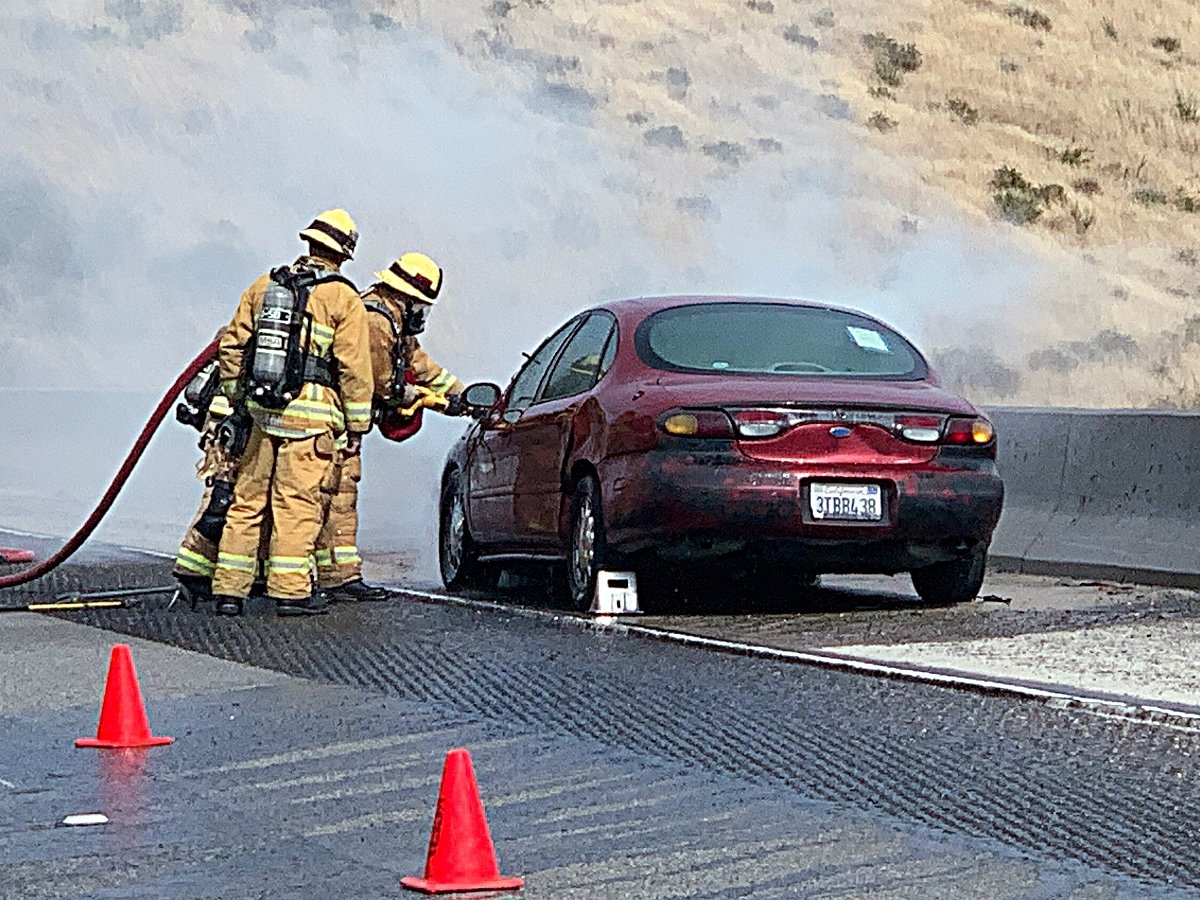Have you ever wondered what would happen if you never changed the oil in your car? Well, the consequences could be dire. The oil in your car plays a crucial role in keeping the engine running smoothly. Without regular oil changes, your engine could suffer serious damage, potentially leading to its untimely death.

Credit: www.jdpower.com

Credit: www.youtube.com
Importance of Engine Oil
Engine oil is like the lifeblood of your car’s engine. It lubricates the moving parts, reduces friction, and helps dissipate heat. Over time, however, the oil breaks down and becomes less effective at performing these tasks. This is why regular oil changes are essential to keep your engine running smoothly.
Effects Of Not Changing The Oil
If you neglect to change the oil in your car, several things can happen. First and foremost, the oil will become dirty and contaminated with debris. This can lead to increased friction between the moving parts of the engine, causing excessive wear and tear.
Additionally, as the oil breaks down, it loses its ability to lubricate the engine properly. This can result in increased heat and friction, which can cause the engine to overheat and potentially seize up.
Engine Damage
As the engine continues to run with old, dirty oil, the damage will only worsen. Without proper lubrication, the engine parts will wear down faster, leading to reduced performance and efficiency. In severe cases, the engine may suffer catastrophic damage, such as a thrown rod or a cracked engine block.
Furthermore, the lack of proper lubrication can cause the engine to run hotter than normal, leading to even more damage. Over time, the engine may start to make strange noises, such as knocking or ticking, indicating that serious damage is occurring.
Engine Failure
Ultimately, if you never change the oil in your car, it’s only a matter of time before the engine fails completely. The engine may seize up or suffer irreparable damage, requiring a costly replacement or rebuild. This can be a major inconvenience and expense that could have been easily prevented with regular oil changes.
Timeline of Engine Failure
So, how long can an engine last without an oil change? The exact timeline can vary depending on several factors, such as the type of engine, driving conditions, and oil quality. In general, however, most experts agree that an engine can typically last between 5,000 and 7,500 miles without an oil change.
After this point, the oil will have become so degraded that it is no longer providing adequate protection for the engine. Continued driving without an oil change beyond this point can lead to accelerated engine wear and potential failure.
Preventative Maintenance
To avoid the risk of engine damage and failure, it’s essential to follow a regular maintenance schedule for your car. This includes changing the oil and oil filter at the recommended intervals specified by the manufacturer. Typically, this is every 5,000 to 7,500 miles, but it’s always best to consult your owner’s manual for specific recommendations.
Regular oil changes are a relatively inexpensive way to protect your engine and ensure its longevity. By investing in preventative maintenance, you can avoid costly repairs down the road and keep your car running smoothly for years to come.
Conclusion
In conclusion, if you never change the oil in your car, the engine’s lifespan will be significantly shortened. The oil plays a vital role in lubricating and protecting the engine, and without regular changes, the engine will suffer from increased wear, overheating, and potential failure.
By following a regular maintenance schedule and changing the oil as recommended, you can help ensure the longevity and reliability of your car’s engine. Don’t neglect this essential aspect of car care, as it can save you from costly repairs and headaches in the future.
Frequently Asked Questions
How Often Should I Change My Car’s Oil?
You should change your car’s oil every 3,000 to 5,000 miles, or as per the manufacturer’s recommendation.
What Happens If I Never Change My Car’s Oil?
Without regular oil changes, the engine components can wear out faster, leading to overheating and potential engine failure.
Can I Use Any Type Of Oil For My Car?
It’s important to use the type of oil recommended by your car’s manufacturer to ensure proper lubrication and engine performance.
How Does Fresh Oil Benefit My Car’s Engine?
Fresh oil helps to lubricate the engine’s moving parts, reduce friction, and prevent premature wear and tear.
